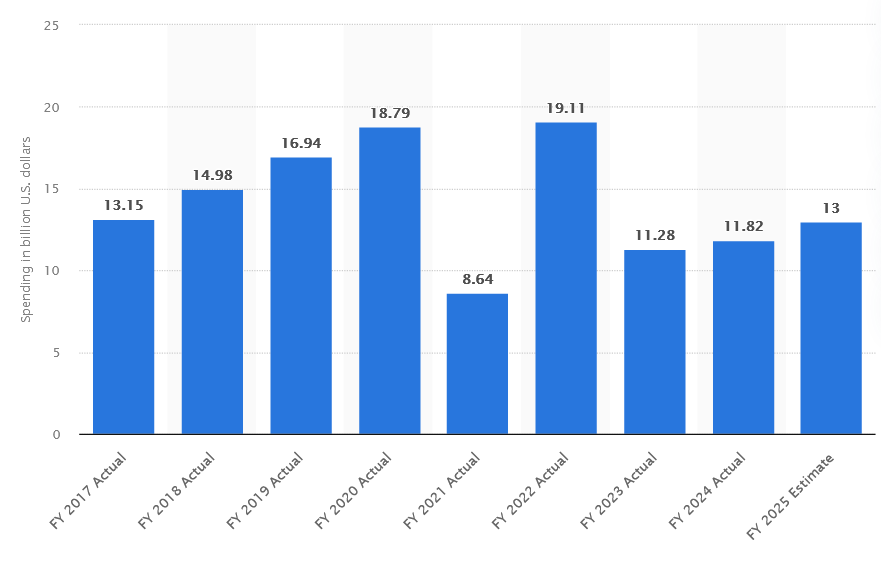In the early months of the new Trump administration, sweeping changes have sparked concern across the cybersecurity community. Among the most controversial: significant cuts to cybersecurity budgets, personnel, and initiatives—raising red flags among state leaders and security professionals.
One of the most vocal critics is Colin Ahern, New York State’s Chief Cyber Officer. In a recent interview with TechCrunch, Ahern expressed deep concern over how these federal decisions could compromise national digital resilience.
“We work with the federal government day in and day out. We need and want them to be effective,” Ahern said. “But we’re seeing decisions—especially with the so-called ‘Big Ugly Bill’—that could endanger the systems we all rely on.”
Federal Cyber Cuts: What’s Been Slashed?

The Trump administration’s cybersecurity cuts are both broad and deep. Key highlights include:
- A reduction of over $1.2 billion in cybersecurity spending across federal agencies.
- A $135 million cut to the Cybersecurity and Infrastructure Security Agency (CISA).
- Over 100 CISA employees terminated, with some reinstated after court intervention.
- An allocation of $1 billion over the next four years toward offensive cyber operations abroad.
- Suspension of a cybersecurity initiative for K-12 schools by the U.S. Department of Education.
Adding to the criticism, the administration’s nominee for National Cyber Director has faced scrutiny for lacking direct experience in cybersecurity—a move that further undermines confidence among security professionals.
A State’s Response: New York Takes the Lead
Despite challenges at the federal level, New York is taking matters into its own hands. Governor Kathy Hochul and Colin Ahern have doubled down on statewide cybersecurity resilience.
Governor Hochul recently penned a letter to Homeland Security Secretary Kristi Noem, requesting immediate access to Homeland Security Grant Program (HSGP) funds. These funds are critical for securing infrastructure like power grids, water systems, and communications networks.
“HSGP funding is vital to securing and maintaining critical infrastructure,” Hochul wrote, emphasizing the urgency of federal support.
While awaiting Washington’s response, the Empire State is pressing forward. Ahern confirmed that New York is investing in cross-government collaboration—from state to local to federal—to maintain a secure and affordable digital environment.
New Legislation: Mandatory Cyber Training and Incident Reporting

In July, New York passed a law mandating cybersecurity awareness training for all government personnel working with computers—whether at the state, city, or district level.
The legislation also requires:
- Incident reporting within 72 hours for state government offices hit by cyberattacks.
- Ransomware payment disclosures within 24 hours.
- Enhanced oversight and security benchmarks for public digital infrastructure.
Governor Hochul has also proposed a new grant program to help water and wastewater organizations upgrade their systems to meet upcoming cyber regulations.
A New Cybersecurity Hub in NYC
New York is planning to launch a new cybersecurity office in New York City, staffed with engineers, technologists, and cyber professionals. Ahern noted that the state hopes to recruit talent laid off by federal cuts, offering them a fresh start.
“DOGE says you’re fired. New York says you’re hired,” Ahern quipped, referring to the state’s outreach campaign aimed at displaced cybersecurity professionals.
Looking Ahead: Resilience Amid Uncertainty
While federal cybersecurity support appears to be waning, states like New York are refusing to remain passive. With proactive leadership, legislative action, and local collaboration, New York aims to set a national example for digital preparedness.



